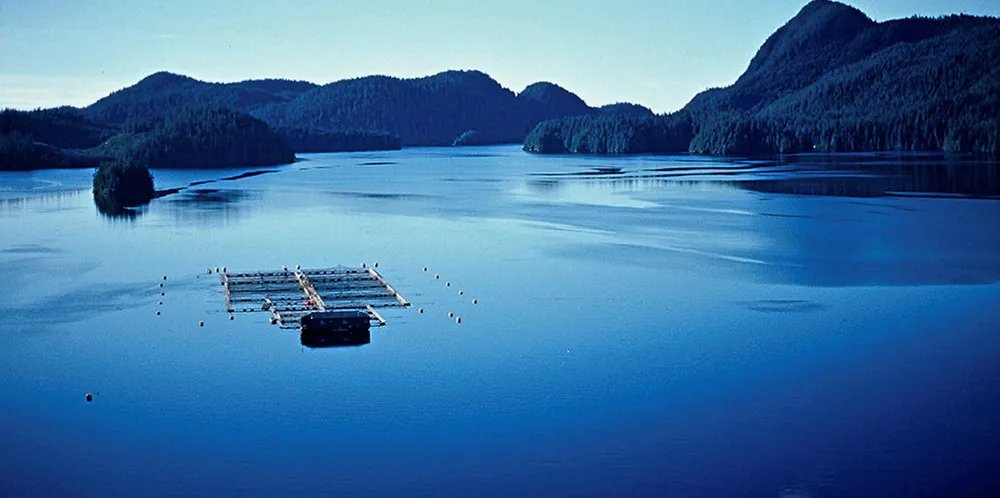Canadian Aquaculture Industry Alliance CEO: Banning BC salmon farms will drive farming to other nations
'This is a reckless policy, not grounded in science, and it will threaten good middle-class jobs across Canada,' said Timothy Kennedy, CAIA president and CEO.
